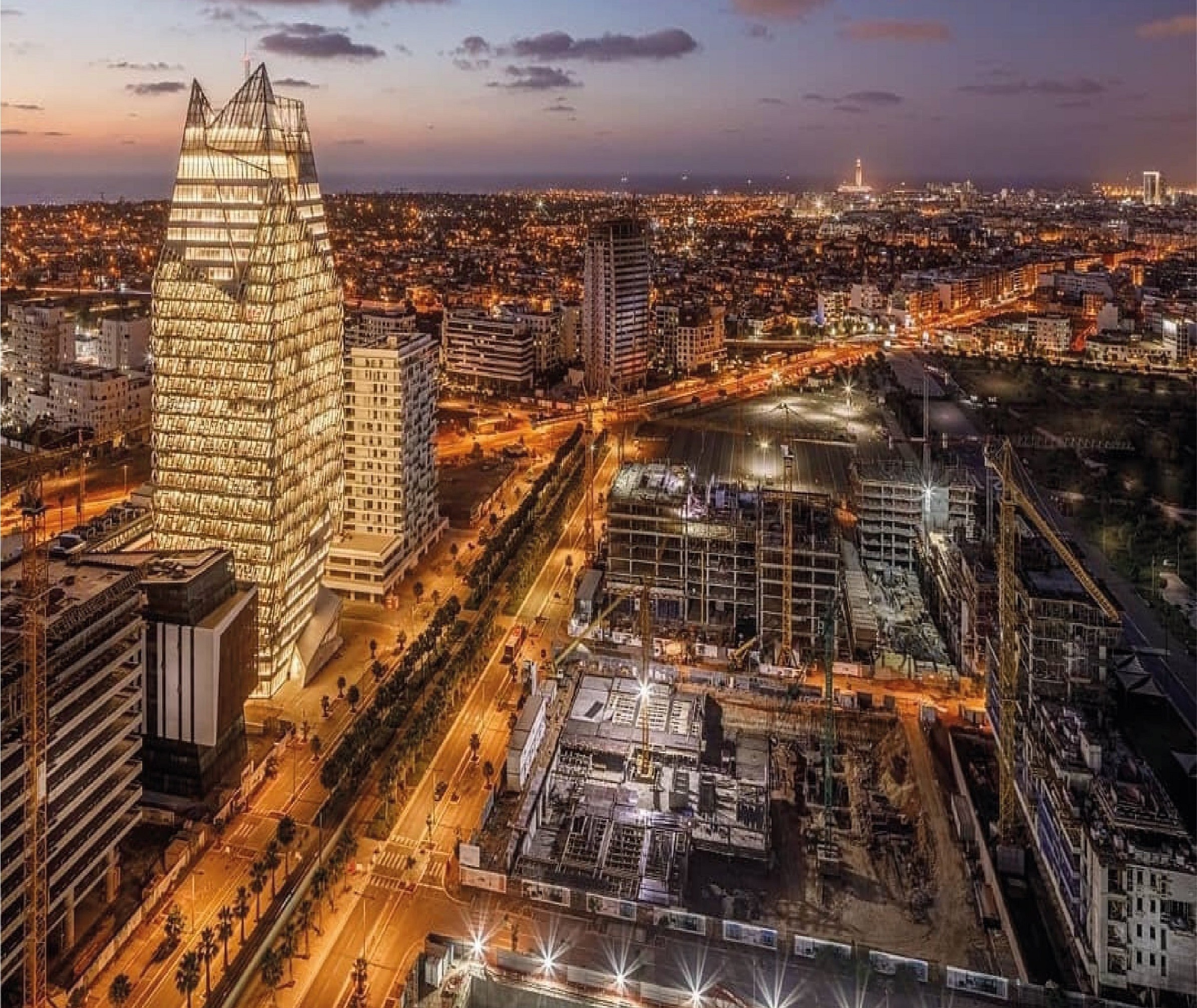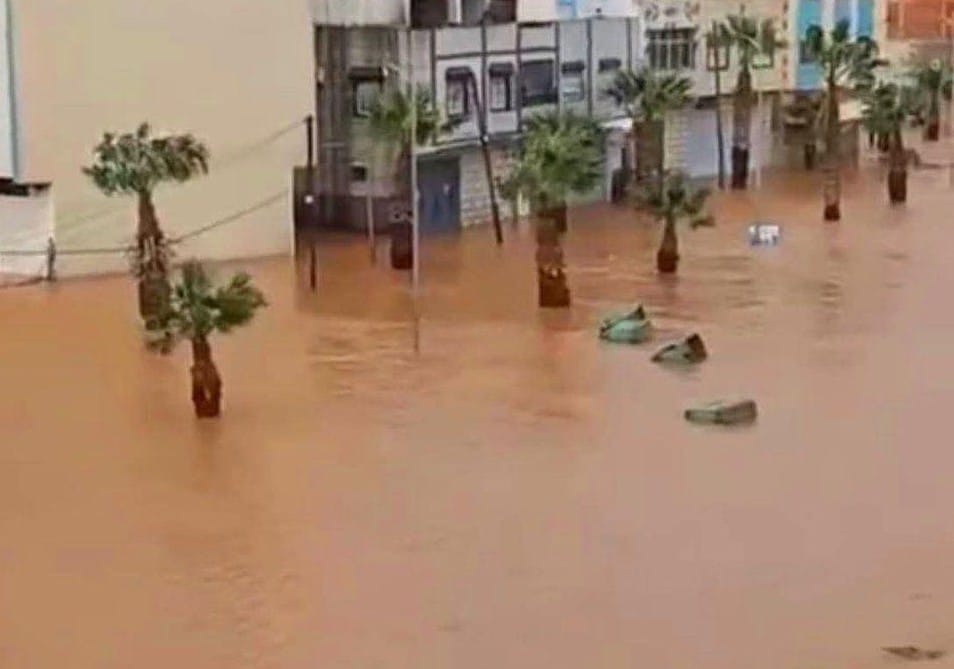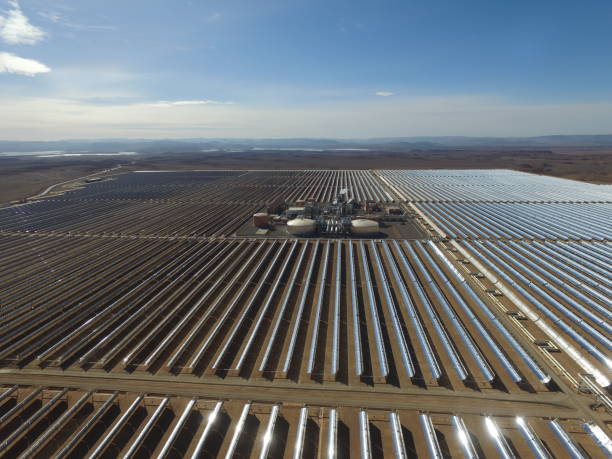Casablanca – In the face of ongoing challenges, Morocco’s government is pressing forward with reforms and relief efforts to support its citizens and ensure economic stability. Minister Delegate Mustapha Baitas and Prime Minister Aziz Akhannouch have addressed critical issues, including the impacts of a severe drought on the economy and recovery plans for flood-stricken areas in the southeast.
Economic challenges and debt management
During a recent press briefing, Mustapha Baitas, the Minister Delegate in charge of Relations with Parliament and Government Spokesperson, highlighted Morocco’s response to an unprecedented drought that has affected the agricultural sector—a major contributor to the country’s GDP. Baitas acknowledged that the drought had slowed economic growth and reduced employment opportunities in rural areas. However, he emphasized that other sectors have stepped up, offsetting agricultural losses.
Citing a report from Standard & Poor’s, Baitas underscored the government’s effective management of public debt. The report reaffirmed Morocco’s strong credit standing, demonstrating that concerns over rising debt have been addressed. According to Baitas, this reflects the government’s strategy to maintain financial stability while advancing key reforms. Controlling public debt remains a priority, and Morocco is on track to reduce it further in the near future.
Despite the adverse conditions, Morocco continues to achieve significant growth, with Baitas noting that the agricultural sector accounts for 20% of GDP. Had the agricultural season been stronger, growth would have been even more substantial. Nonetheless, the government remains committed to supporting farmers and has managed to curb inflation, keeping it at an expected low rate of around 2%. This has helped limit increases in the cost of essential goods.
Reforms in education and support for flood victims
Baitas also addressed Morocco’s ongoing reforms in education. The government’s “Pioneer Schools” initiative, aimed at improving the quality of education, has shown promising results in several regions. Internal and external evaluations have highlighted improvements in students’ skills in languages, mathematics, and literacy. However, expanding the program nationwide will require time, resources, and investments in teacher training. The goal is to reach 1.3 million students by 2027.
Meanwhile, Prime Minister Aziz Akhannouch announced financial aid for families affected by devastating floods in southeastern Morocco, following royal directives from King Mohammed VI. The government has allocated more than $250 million to assist flood victims, a portion of which will be distributed directly to affected households. Families whose homes were partially damaged will receive about $8,000, while those whose homes were entirely destroyed will be compensated with about $14,000.
In a statement after the first meeting of the Interministerial Commission responsible for the flood recovery program, Akhannouch emphasized that this aid reflects the King’s ongoing care for affected communities. He explained that the $257 million, deposited in the Natural Disaster Relief Fund, will be used to rebuild critical infrastructure, including schools and healthcare facilities, while also addressing the immediate needs of those impacted by the floods.
The Prime Minister confirmed that the government had already developed an action plan, informed by field assessments conducted by the relevant authorities. These evaluations helped gauge the extent of the damage and prioritize the needs of affected populations
A forward-looking approach
Both Baitas and Akhannouch stressed the government’s commitment to overcoming these challenges and continuing reforms, despite the high costs. Whether addressing the economic effects of the drought or the devastation caused by the floods, Morocco remains focused on both economic stability and social welfare. The government’s effective management of public debt, combined with relief efforts for disaster victims and reforms in education, positions the country to navigate future challenges with resilience.
As Morocco continues to implement its long-term vision, the government remains dedicated to delivering on its promises and ensuring sustainable growth for the country’s future.
















